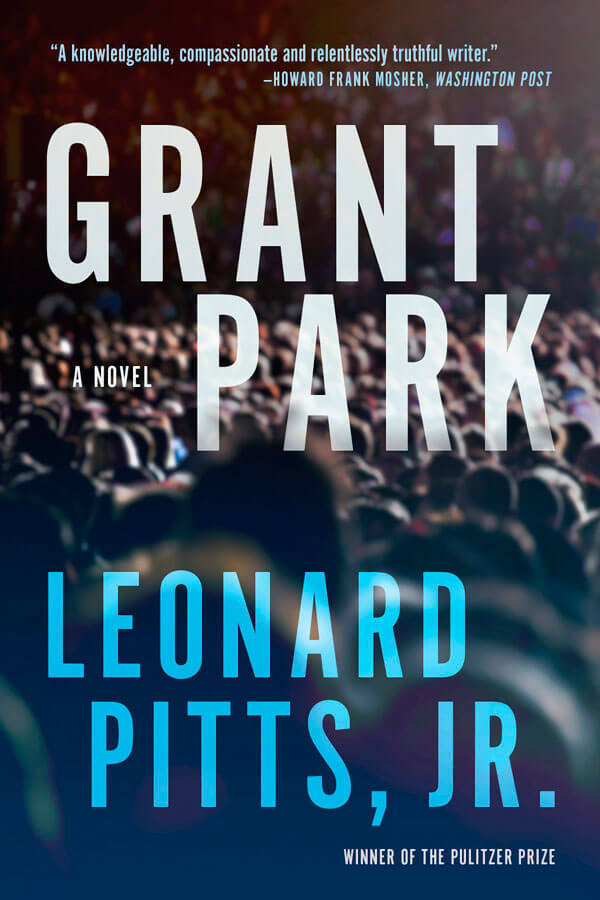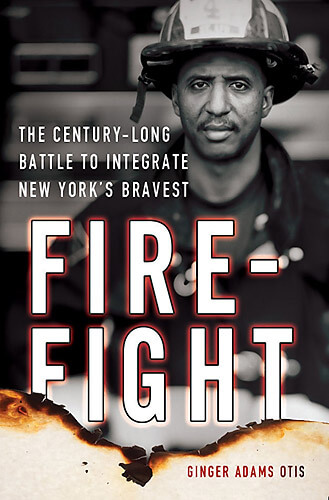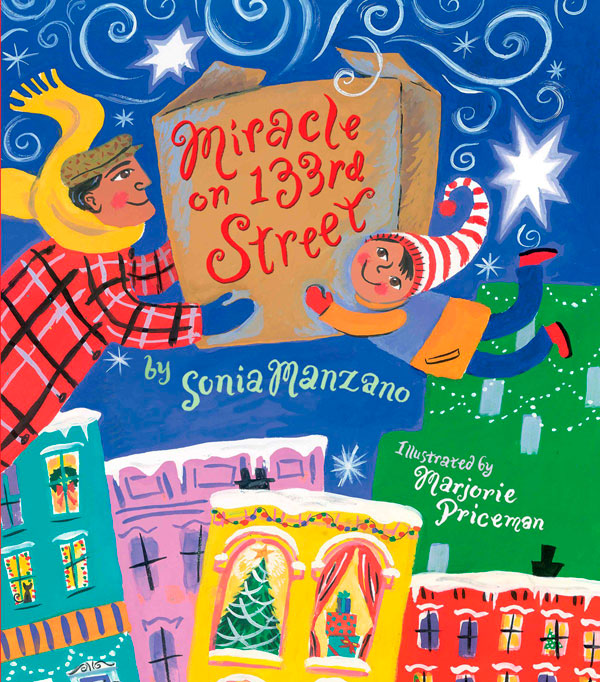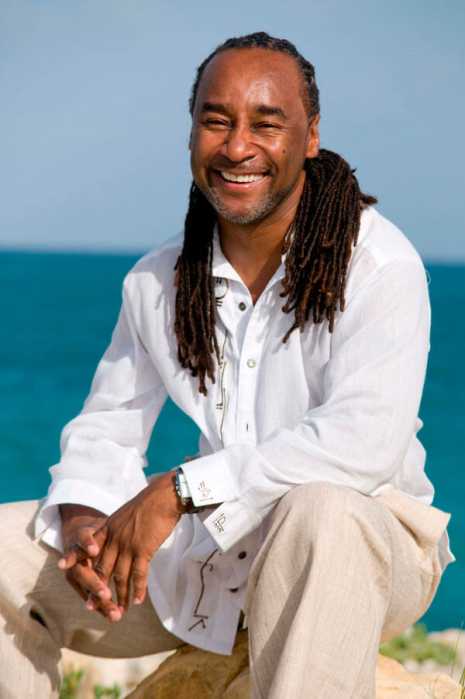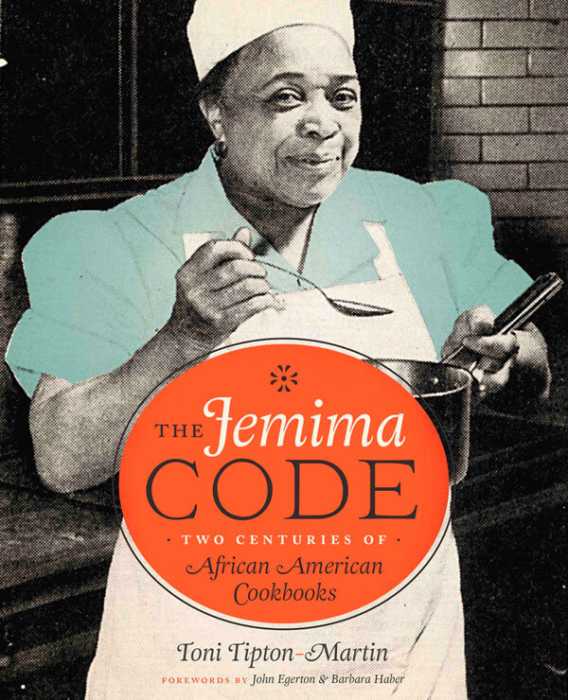“Grant Park” by Leonard Pitts, Jr.
c.2015, Bolden
$24.95 / higher in Canada
400 pages
Open mouth, insert foot.
Maybe it doesn’t happen often, but there are times when you have a knack for saying what’s on your mind at precisely the wrong time. You can’t un-say things, though, especially if you mean them but as you’ll see in the new novel “Grant Park” by Leonard Pitts, Jr., at least those words won’t kill you.
In his heart, Malcolm Toussaint was always an activist.
The son of a Memphis sanitary worker, Toussaint grew up seeing the lack of equality around him, and he understood that higher education was a means of escape. Once at college, he grew an Afro, wrote angry pamphlets, and spoke his mind but, though he wasn’t alone in his radicalism, he was expelled from white-man’s school anyway.
That was February 1968; it was cold but so was life, which Toussaint learned the spring before he returned to college, chastened and wiser.
Four decades later, the award-winning newspaper columnist hadn’t forgotten those days, which was why, early one morning, he snuck into his editor’s office and quietly inserted a rant in the paper, a column that had been rejected by his superiors, a tired-of-white-people column that Toussaint knew would kill his career.
As the paper’s editor, Bob Carson was the first to reject the column so it especially stung that Toussaint’s action caused Bob to lose his job, too. Being fired was a shock, and there was more: not only was Toussaint missing, but an old girlfriend, Bob’s first love whom he hadn’t seen in years, was in Chicago with the Obama campaign and was hoping to have lunch with Bob.
That was fine. He had nothing else to do. Toussaint had seen to that, hadn’t he?
For most of his life, Clarence Pym was bullied, abused, and didn’t have many friends, but he had Dwayne and their carefully-laid plans for something big. Recently, they’d formed the White Resistance Army, and Dwayne said it was time for white men to take America back. It didn’t matter who died — starting with that Black writer from the newspaper…
It’s-only-a-book, it’s-only-a-book, that’s what to keep reminding yourself here. It’s only a book which, because you’re immersed in history and authentic events and because the fictional parts feel natural, is easy to forget when you’re reading “Grant Park.”
And then there are those thrills — gasping, mouth-gaping page-turners that author Leonard Pitts, Jr. weaves through another realism: truthful, brutal plot-lines about racial issues of the last five decades, mulling over exactly how far we’ve really come. That makes this will-they-live-or-won’t-they nail-biter into something that also made me think, and I absolutely loved it…
Until three pages from the end. There’s where Pitts, Jr. inserted a tiny little thread that almost made me cry with frustration and cliché-repulsion.
I could cry now, in fact, but instead, I’ll recommend this book with one caveat: stop before you finish it. If you can, you’ll love it wholeheartedly with no disappointment. If you absolutely must read to the end, well, then liking “Grant Park,” is for open discussion.



